Documentation is key when it comes to filing any personal injury case. Any attorney representing accident victims will tell you that. But what do they mean by having proper documentation? It’s very simple. If you’re involved in a car accident, any details and evidence that can be used to help build a strong claim should be carefully collected, recorded, and documented.
Ideally, lawyers, courts, and insurance companies rely on facts to determine how much compensation you deserve for your injuries and other damages. Details like how the accident happened, where it happened, the parties involved, the contacts of the other driver, witness names and addresses, and related medical reports play a huge role in determining the outcome of your case.
Here’s what you need to do to ensure correct documentation for your personal injury case:
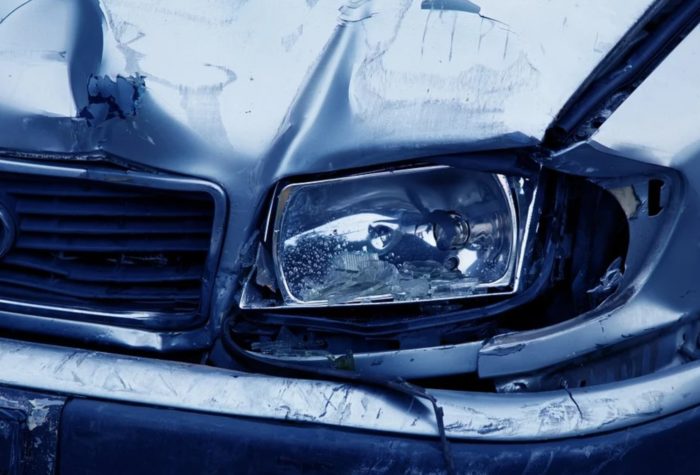
Compensation Depends On Who’s At Fault
The question of who’s at fault will be a crucial factor when it comes to determining what insurance company should pay compensation. If you are at fault for the accident, your insurance company will have to pay for the damages of your vehicle, as well as those of the other party. If the other party was at fault, their insurance company would have to compensate you.
But, you’ll only be compensated if you can provide sufficient evidence to prove that your injuries were caused by the negligence of the other party. Admitting liability means that you won’t get any compensation. According to the Lorenz & Lorenz Law Firm, if you’re involved in a car accident that is not your fault, you need to follow the right steps. You can get more on this site.
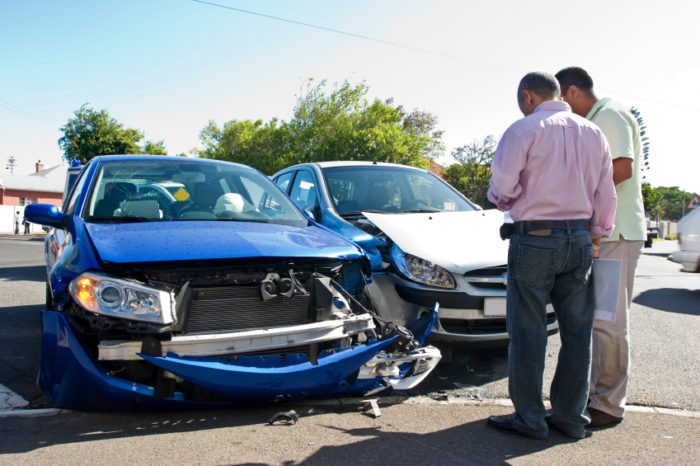
Document Every Small Detail of the Accident
In the aftermath of an accident, you won’t have lawyers, police officers, or insurance agents close by, even though they play a crucial part in determining the outcome of a personal injury case. Since the scene of the accident is still fresh, you can easily record any details that will prove whose fault it was, that is, if you’re able to do so. If you’re severely injured, your first priority is to seek medical attention.
You should record details such as:
- Sun glare
- Weather conditions
- Road conditions
- How the accident occurred
- Whether the other driver was wearing a seatbelt
- The mental state of the other driver
- Signs of distraction when driving
- Key witnesses
As long as you have enough evidence to support the side of your story, building a strong personal injury case that will get you the compensation you deserve will be easier. However, do not turn yourself into an investigative reporter if you have any injuries. When it comes to filing for compensation, the other party might argue that you aggravated the injuries by moving around. In such cases, waiting for the police and your insurance agent to arrive will be the right move.
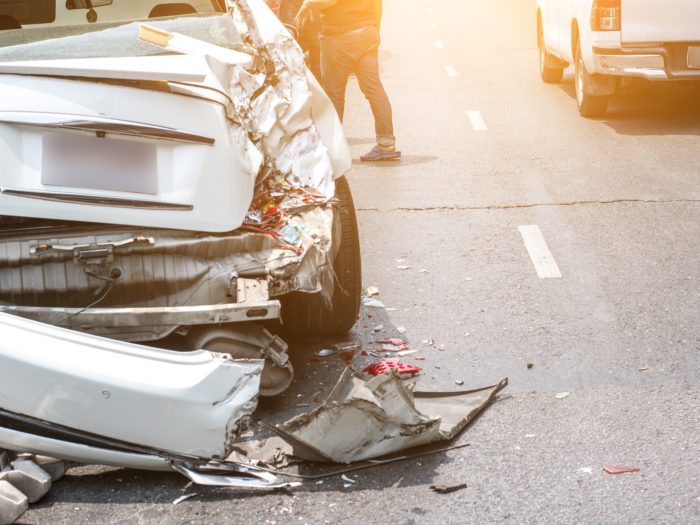
Record Immediate Conversations
If you are in a state where you can record conversations, take your time to do so. You can either use your phone or write it all down. Record statements from witnesses since you might never see some of them ever again. You can get their view on what happened before, during, and after the accident, and collect details that might help you contact them later on in the future. Such details include their phone numbers, home addresses, work addresses, or even email.
Remember that witnesses aren’t obligated to share any information with you, let alone their personal details. You should be quite calm and polite when approaching them to get a statement. Also, pay close attention to what the other driver says, along with those in the car with them. They may say statements that clearly show that they are at fault. For instance, a driver may claim that they weren’t concentrating.
Their passengers might start arguing with them for a poor decision they might have made while driving. Be careful with what you might say when talking to the other driver, too. While you might not necessarily mean it, you can find yourself claiming that the accident was your fault. You’re not obligated to explain anything to anyone except the police and your lawyer.
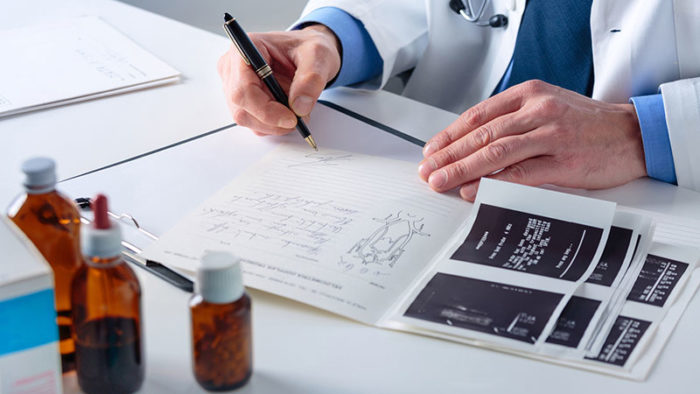
Record Pain Symptoms and Medication
When it comes to getting compensated for the injuries that occurred, a vague statement like “my back hurts” will not be as strong as describing the type of pain that you feel. Keep a daily journal that outlines the kind of physical injury you suffered and the pain you’re feeling with as much detail as possible.
Other than helping the jury understand your situation, having such a description of your pain in a journal will make it easy for doctors to offer you the right medication. Remember, the words you use to describe your situation should paint a picture of your actual situation. Be honest when explaining how you feel so you can get the right diagnosis.
You also need to record information on the type of medication you have been receiving, the contact information of the physicians you’ve visited, and the medical statements they have been writing. Since it might be tough to always note all details down, you should consider taking pictures after every injury-related appointment and keep copies of every document and receipt.
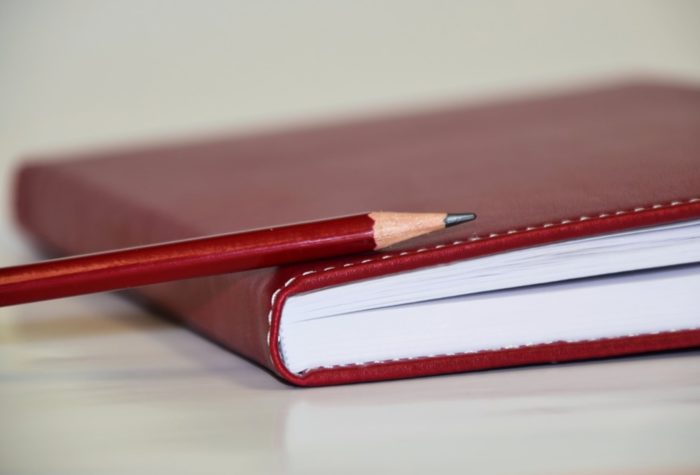
Record Details about Your Daily Limitations
Determining the right amount of compensation for special damages such as medical bills and damages to your vehicle can be easy. However, for other damages such as pain, inability to work, or depression, it can be a huge challenge. Without enough proof and recorded evidence over time, the jury might consider you as fine and end up offering you a settlement amount below what you deserve.
This is where proper documentation of medical records and your recovery process can help you out. Record day-to-day details of how the accident has affected your life. If you are often feeling depressed from the accident, write it down. If you have been going through psychological trauma, document it too. If your family has been suffering emotionally, write it down.
Other than providing the jury with enough information on the non-monetary damages, you will also enjoy the therapeutic effects of journaling. By writing down these things, you can track your progress as well as manage to live with your current psychological state.
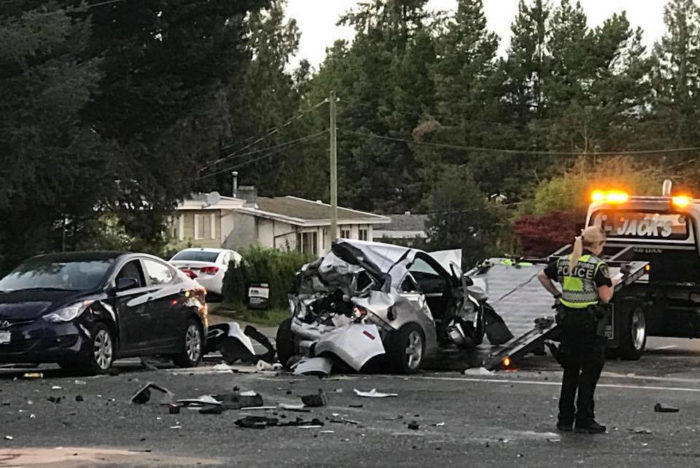
Conclusion
The personal injury claim process can be a lengthy one. But, with proper documentation of the accident scene, police records, witness statements, medical reports, treatment procedures, and daily limitations, you have a higher chance of building a strong claim with the help of an experienced personal injury lawyer.









